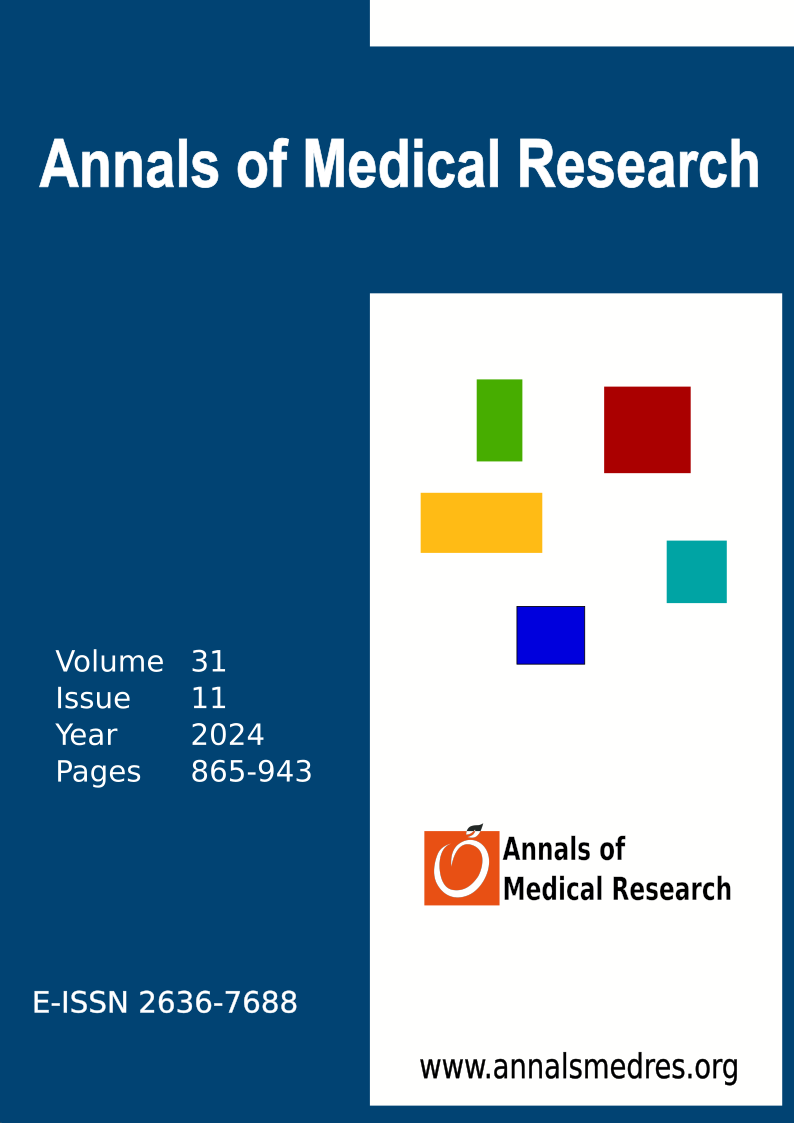Evaluation of antiproliferative and antimicrobial activity of polyanhydride based poly[(maleic anhydride)-co-(vinyl acetate)]/noradrenaline conjugate
Keywords:
Copolymer modification, Noradrenaline, anhydride-vinyl acetate copolymer, Antiproliferative activity, Antimicrobial activityAbstract
Aim: Personalized medicine has increased the interest in polymer-drug conjugates. In recent years, many polymer-drug conjugates have been developed to increase the specificity and selectivity of drugs for diseases. Noradrenaline (NA) is involved in the pathophysiology of many different neurological, psychiatric, and peripheral conditions. Moreover, NA has been reported to play a role in angiogenesis and tumor development. The MAVA/NA conjugate, a maleic anhydride-vinyl acetate (MAVA) copolymer modification product, and the noradrenaline biomolecule were examined for their antiproliferative and antimicrobial properties.
Materials and Methods: MAVA-NA conjugate was synthesized as the modification product between maleic anhydride-vinyl acetate (MAVA) copolymer and noradrenaline (NA) biomolecule. The conjugate was previously characterized in terms of chemical structure by Fourier Transform Infrared (FTIR) and Nuclear Magnetic Resonance (1H-NMR and 13C-NMR) spectroscopic methods, and its topographic properties were characterized by atomic force microscopy (AFM). The minimum inhibitory concentration (MIC) method evaluated the antimicrobial properties against gram-positive and gram-negative bacteria and fungi. Antiproliferative activity was determined by XTT assay on lung (A549), brain (C6), bone (MG-63), and breast (MCF-7) cancer cells and healthy fibroblast (WI-38) cell lines.
Results: The MAVA-NA conjugate showed no toxicity within the 3.125-100 µg/mL dosage range in WI-38 cells. Compared to normal fibroblast cells, MAVA-NA exhibited selective toxicity against A549, C6, MG-63, and MCF-7 cancer cells. MAVA-NA showed high antibacterial activity on S. aureus and MRSA bacteria compared to standard antibiotics (S. aureus MIC=50 µg/mL, MRSA MIC=25 µg/mL).
Conclusion: These results indicate that the newly synthesized and characterized MAVA-NA conjugate has antiproliferative and antimicrobial effects and may have a promising role in developing new anticancer drugs.
Downloads
Published
Issue
Section
License
Copyright (c) 2024 Annals of Medical Research

This work is licensed under a Creative Commons Attribution-NonCommercial-NoDerivatives 4.0 International License.
CC Attribution-NonCommercial-NoDerivatives 4.0






